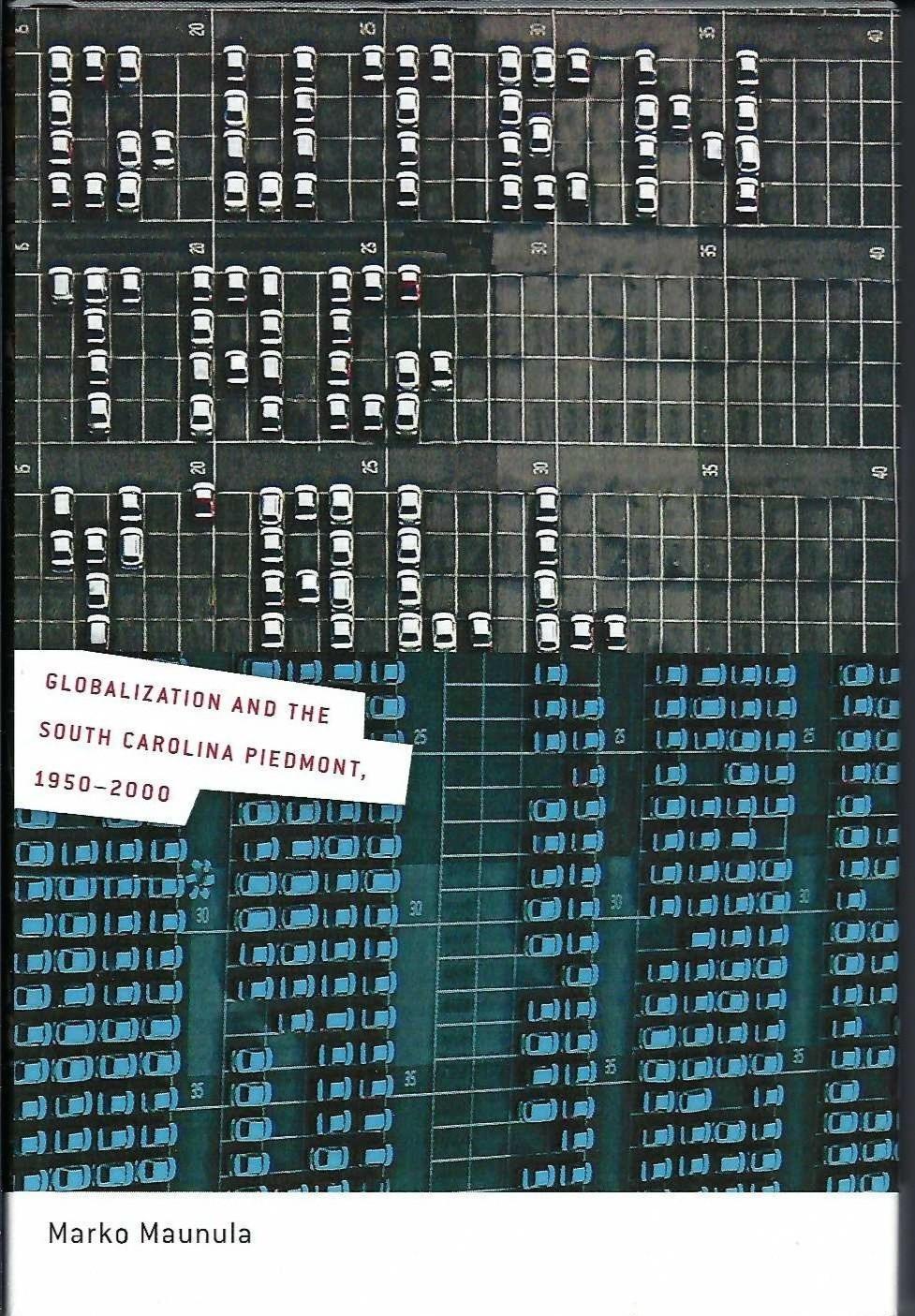Book Review: Guten Tag Y’all

This is the business history of the Spartanburg, South Carolina area, written by Marko Maunula. The book reads like a PhD dissertation: dry and full of annotations to sources. Not an easy read. The author is a history professor in the U.S. but a native of Finland.
The subtitle of the book is, Globalization and the South Carolina Piedmont, 1950-2000.
The Spartanburg area was a traditional agricultural area before WW2. It also had race relations typical of the Southern U.S., that is, separate societies for whites and blacks.
In the immediate post-war era, there was a shift of the textile industry from the Northeast to the South. The mill owners wanted cheap, non-unionized labor and proximity to cotton.
Roger Milliken, one of the largest mill owners, became a particularly influential member of the Spartanburg business community. He invested in European textile machines because they were more advanced. In time, the European textile machine makers were encouraged to open branches in the Spartanburg area to support their customer base. After a while, there were many German and Swiss companies in the Spartanburg area. So many that restaurants and shops opened that catered to the German and Swiss employees that started working in the area.
Another critical person in the development of Spartanburg as a home for European companies was Dick Tukey, who headed up the recruiting efforts towards European companies for decades. The recruiting teams included the state’s governors and senators over the years. There was even an effort to have retailers stock more European-style food to accommodate the transplants.
Through it all, the business establishment was able to keep out the unions and retain a pro-business environment. This served Spartanburg well as the textile industry moved to Asia and the mills closed down.
The culmination of Spartanburg’s success as a recruiter of foreign companies was winning the contest to host BMW’s American plant. BMW searched worldwide but eventually settled on the U.S. Every state competed by offering tax breaks and free land for the plant. The two finalists were Spartanburg and Omaha. Spartanburg won by offering the site with improvements, tax breaks and an expansion of the airport. BMW has subsequently expanded the plant many times. Plus, European suppliers have followed BMW and set up plants in Spartanburg County along Interstate 85.

